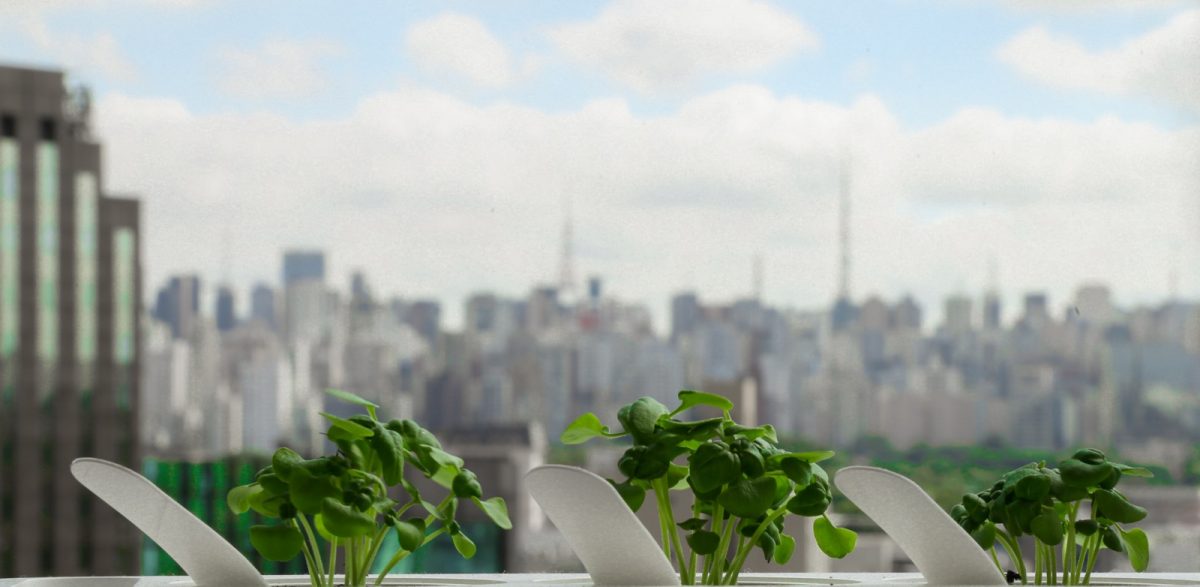Supervisors: Dr Rosa Schiano-Phan, Benson Lau, Dr Joana Goncalves
The Applicability of Hydroponic Rooftop Farming in Existing Buildings in the Tropical Region
By 2020 is estimated that 43% of the world’s population will be living in the Tropical region; (United Nations, 2019) increasing the importance of providing not only liveable spaces but food security and resilient food systems. Particularly with growing urban environmental concerns, the potential of vacant spaces, as rooftops are transformed into productive areas for food production has emerged as a viable option to contribute to the actual food chain. The hydroponic rooftop farming (HRF) is a lightweight water system with high yield production that demand less water and no pesticides (Lagomarsino, 2019). The system can be integrated in existing buildings rooftop, which can reduce food miles, enhance buildings thermal comfort and mitigate the Urban Heat Island (UHI) effect.
The combination of all these factors raises the fundamental question for this research which aims is to evaluate the different HRF, vertical and horizontal, energy and thermal efficiency and compare it to against other systems also driven by environmental issues (i.e. roof pond, extensive & intensive green roof, double roof and integration of PV panels) in the tropical region. The fieldwork will be conducted on test cells at UNICAMP, Brazil to validate the parameters. Then, an applicability study focusing on urban area will assess the cultivation techniques to avoid the need for mechanical cooling, this could result in substantial energy and CO2 savings, contributing to tropical regions to reduce greenhouse gas emissions in future, associated with buildings´ energy consumption.
The conclusions drawn from this research will validate quantitative results comparing the performance between the roof systems whether and to what extent the HRF is able to minimise thermal and energy on the host building and microclimate producing vegetables simultaneously, with a lower environmental impact than conventional agriculture, providing guidance for the application of HRF in the Tropical region.










